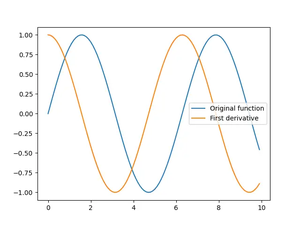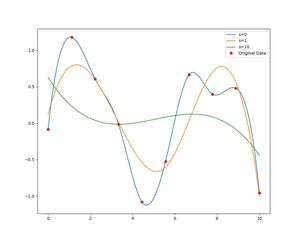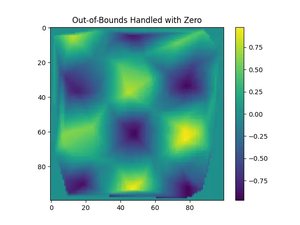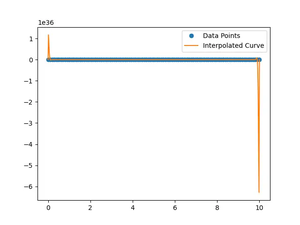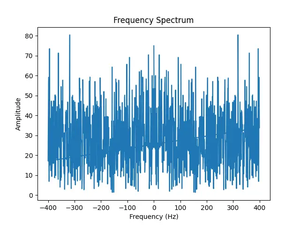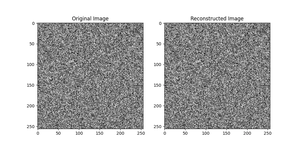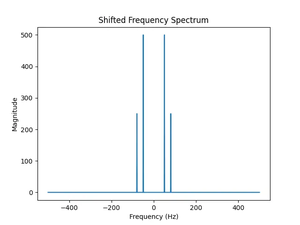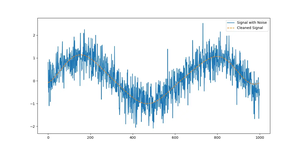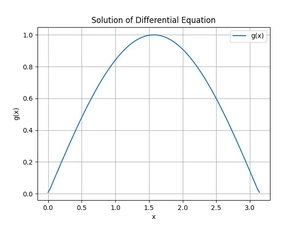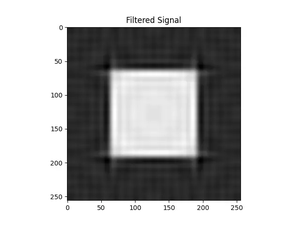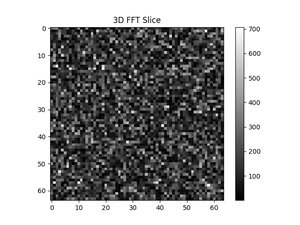The Problem
When working with the widely-used NumPy library in Python, encountering errors is a normal part of the development process. NumPy UnicodeError: Unhandled conversion in format is one such error that might leave you stumped. This error often occurs when you are trying to format a Unicode string in a way that is not supported by NumPy. In this tutorial, we will discuss several methods to resolve this error, ensuring your NumPy operations proceed without a hitch.
Let’s Solve It
Solution 1: Proper String Encoding
The error may stem from a mismatch between Unicode characters in your data and the expected encoding standard. Ensuring proper encoding of your data before any formatting is the key.
- Inspect the dataset for non-standard Unicode characters.
- Explicitly encode the string data with a compatible format, such as UTF-8.
- Attempt to reformat the data after the encoding step.
# Example of encoding a string to UTF-8 before formatting
unicode_string = 'pi: \\u03c0'
encoded_string = unicode_string.encode('utf-8')
formatted_string = '{} formatted'.format(encoded_string)
print(formatted_string)
Notes: While encoding can resolve many formatting issues, be aware that it might not address all underlying incompatibilities related to Unicode characters. Not all operations support byte strings, and sometimes additional conversions are necessary.
Solution 2: NumPy Data Types Conversion
NumPy has its own set of data types, and converting your data to one of these before formatting can bypass Unicode-related issues.
- Convert the data to a NumPy-supported data type such as numpy.string_ or numpy.unicode_.
- After conversion, perform the formatting operation.
# Example with NumPy data type conversion
import numpy as np
numpy_string = np.unicode_('pi: \\u03c0')
formatted_string = '{} formatted'.format(numpy_string)
print(formatted_string)
Notes: When converting data types, make sure that the target NumPy data type can handle the size and type of the data you are working with. A drawback to this approach might be the additional memory overhead due to the type conversion.
Solution 3: Use Binaries or Buffer Protocols
Some NumPy operations might work better with binary representations or by using buffer protocols. This avoids directly handling Unicode strings, which can bypass the UnicodeError.
- Convert string data to binary data or make use of the buffer protocol.
- Ensure any operation that might throw a UnicodeError is now interacting with the binary representation or buffer.
# An example isn't necessary for this solution as it's more about changing
# the type of interaction with data rather than a specific code change.
Notes: Using binary representations or buffer protocols can be complex and may not be suitable for all use cases. It’s essential to understand the underlying issue and the reason behind a UnicodeError being thrown to determine whether this method is appropriate.
Solution 4: Software Update and Bug Fixes
Sometimes the UnicodeError is due to a bug in NumPy or a related dependency. Ensuring your software is up-to-date might resolve known issues.
- Check if there’s an updated version of NumPy and other dependencies.
- Update your Python packages using package managers like pip.
- Rerun your code after updating.
# Update NumPy and dependencies
pip install numpy --upgrade
# Rerun your previously error-giving code here
Notes: While updating is a good practice, it is not a guaranteed solution. Always test thoroughly after updates to ensure that newer versions of the software do not introduce new issues.
Solution 5: Avoid Using Complex Formatting
Opt for simpler or more direct string manipulation techniques that may not trigger the UnicodeError.
- Refrain from using advanced formatting options when dealing with Unicode data.
- Opt for simple concatenation or other methods of combining strings.
# Example of avoiding complex formatting
unicode_string = 'pi: \\u03c0'
simple_concatenation = unicode_string + ' formatted'
print(simple_concatenation)
Notes: This approach offers simplicity and can avoid errors, but it may not always be practical, depending on the desired output format or the complexity of your string manipulation requirements.
